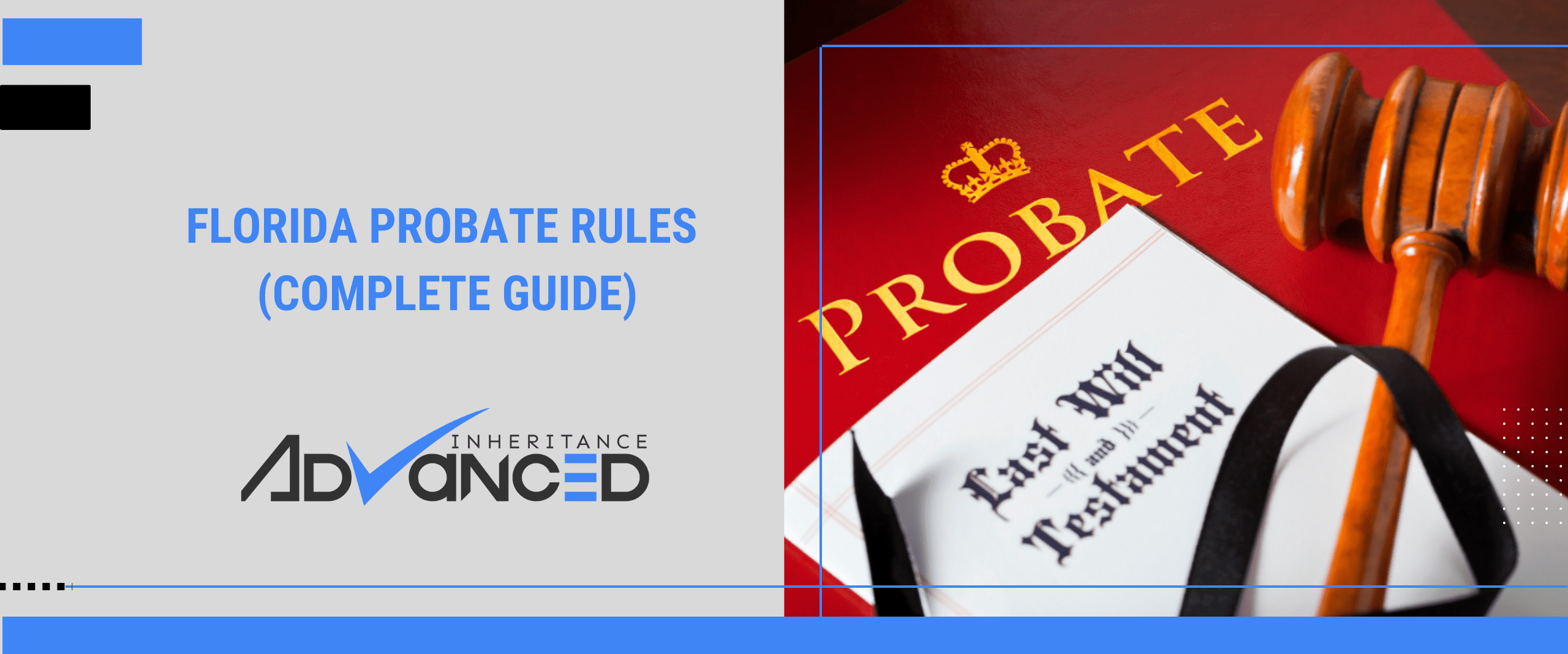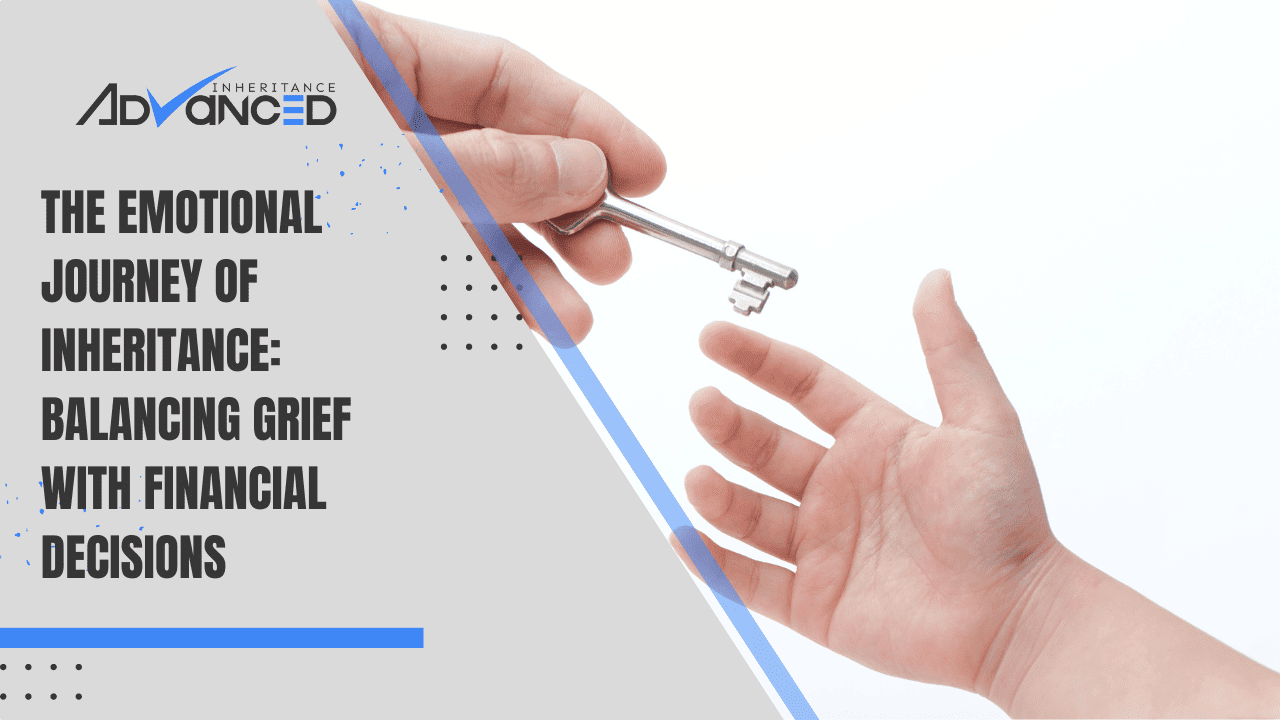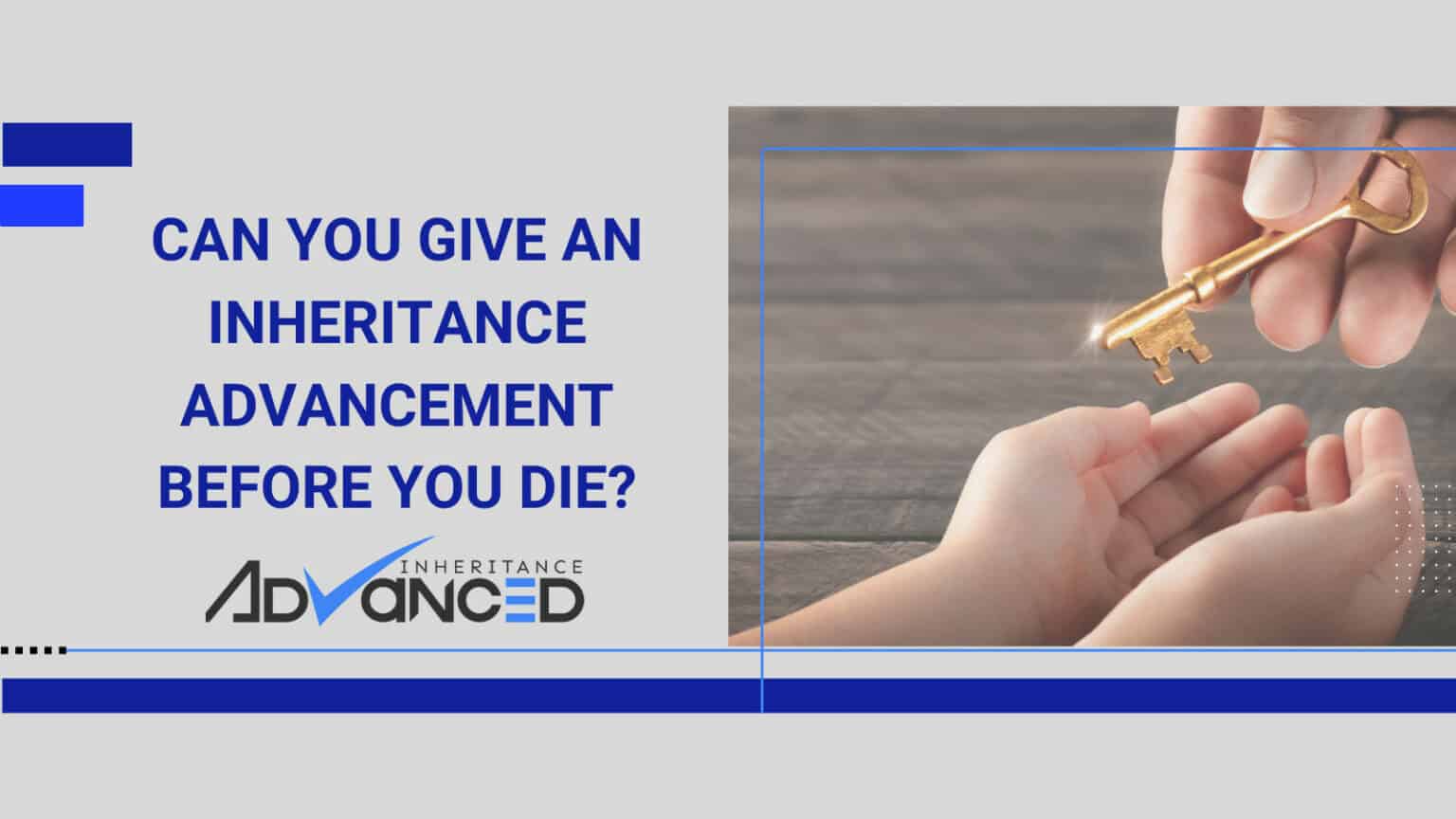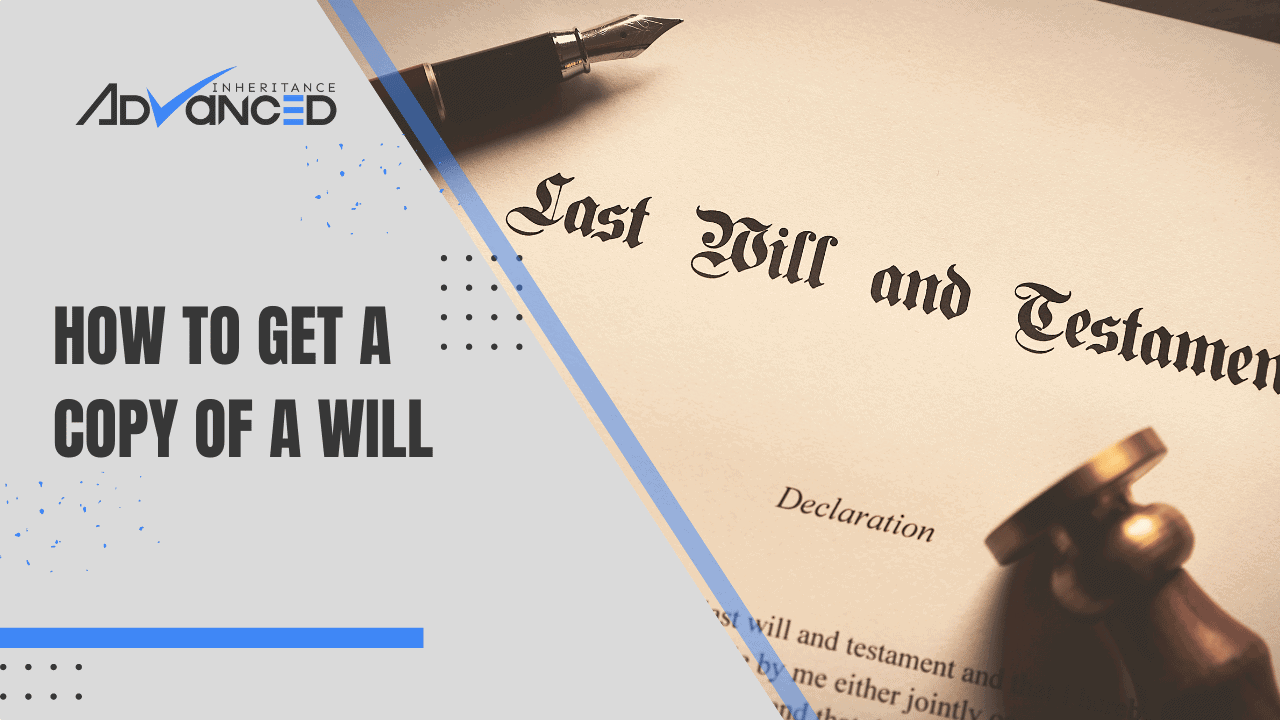In Florida probate rules, after a person passes away, it is necessary to go through the probate process to verify and administer their assets according to the law. The court supervises this process. This legal procedure, which differs from state to state, is essential for ensuring that assets are given to the appropriate beneficiaries in the manner prescribed by Florida probate laws.
Table of Contents
What Is Probate?
Probate is a court-supervised process for evaluating and distributing an estate’s assets to beneficiaries such as the children of the deceased. Probate can occur even if the deceased person has no will or estate to administer. In most circumstances, the contents of a deceased person’s estate are automatically moved to probate by the executor of the estate, regardless of whether or not a will is in place.
The complexity of an estate and local rules influence how long and money it will take to go through probate. More intricate estates are costlier. Establishing a trust or transferring cash to beneficiaries through retirement accounts are two ways to avoid probate.
Struggling To Get Your Inheritance?
Assets That Must Go Through The Probate Process
Every asset, including those solely owned by the deceased, must be probated after death. The probate court can only change these titles following the will of the deceased. It is impossible to avoid probate if the decedent possessed homes, personal property, real estate, a vehicle, family trusts, life insurance, or a bank account. In fact, Americans pay a lot in terms of probates. Even co-owned probate assets may be subject to the probate process if the ownership basis does not include the right of survivorship.
In a nutshell, whatever doesn’t go directly to a beneficiary will be disposed of according to the will of the deceased. Probate is required for all wills and assets that do not automatically pass to the beneficiaries through a contract. After the will has been probated and the assets have been divided to the proper creditors and beneficiaries, you are free to do anything you wish with them.
Is Property Exempt From Probate In Florida?
In Florida, the estate of a deceased person’s assets must go through the probate process. There are two exceptions to the Florida probate laws: property with a designated beneficiary or survivor’s rights.
A variety of assets can be designated with a “pay on death” designation, such as life insurance proceeds, retirement funds, and bank accounts. Real estate with a deed stating that a surviving co-owner shall inherit the deceased co-whole owner’s ownership interest is an example of a property with rights of survivorship.
A husband and wife who purchase property together in Florida typically have rights of survivorship, even if that specific language is not included in the deed to their land.
When Is Probate Unnecessary In Florida
Probate would be unnecessary if the deceased had no real estate or if their assets were worth more than their obligations.
A beneficiary may be listed on the deceased person’s assets, and the assets will be given to that person upon the death of the designated beneficiary (e.g., the decedent named a beneficiary on their bank accounts or brokerage accounts.).
Likewise, assets jointly owned by the deceased’s spouse generally do not necessitate filing an estate administration petition. It is also unnecessary to conduct a probate proceeding in the case of joint tenants with the right of survivorship, or “JTWROS.”
Probate is not required for assets held in a living or revocable trust.
How We Can Help You
Probate is a court procedure that ensures that the deceased person’s property will be distributed according to their will. It can only be used when someone dies intestate.
We are a law firm that specializes in probate and trust-related legal issues. We can help you with the funds needed to complete your estate during your probate. Feel free to contact us today for more information about our services.









